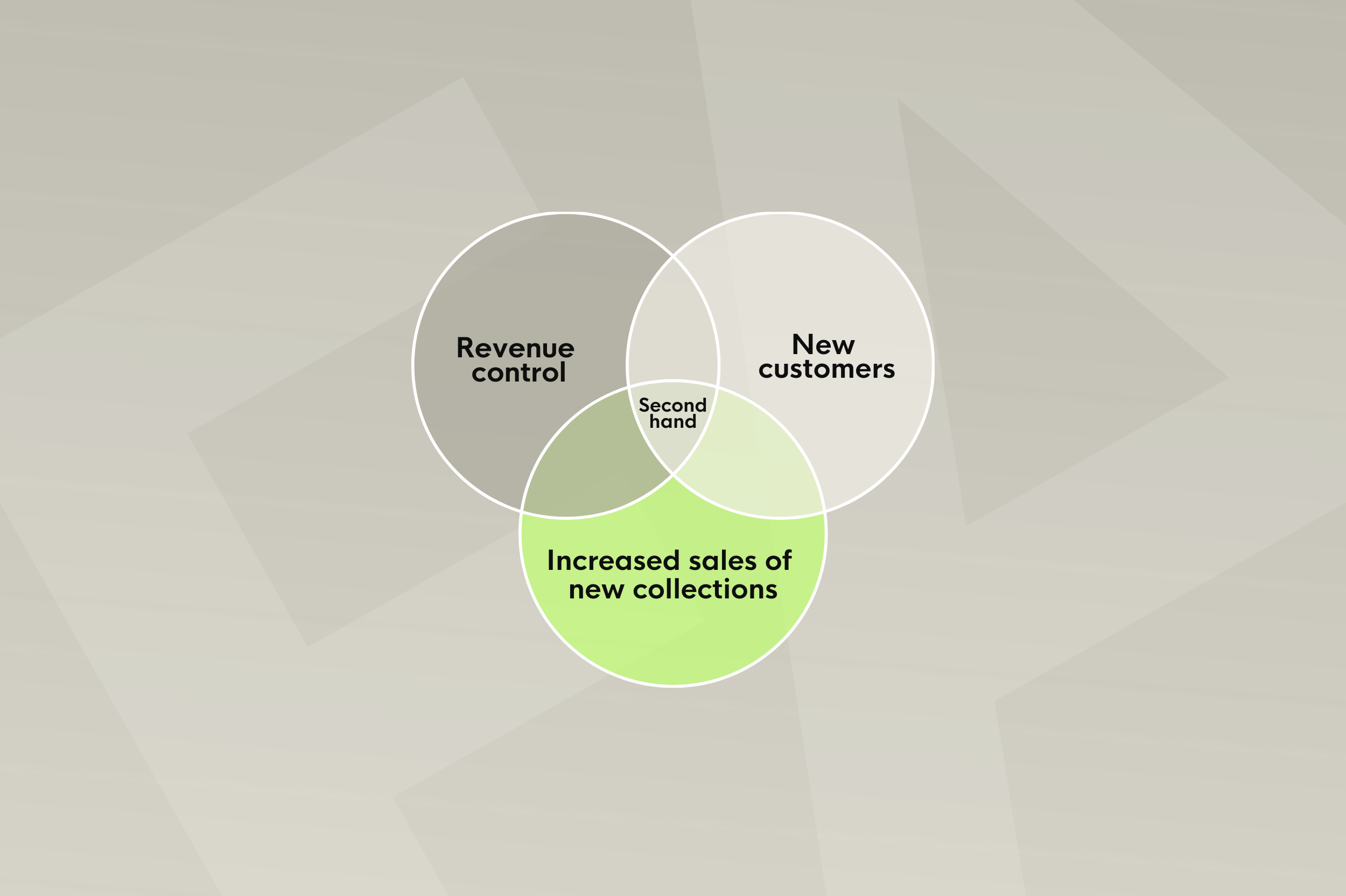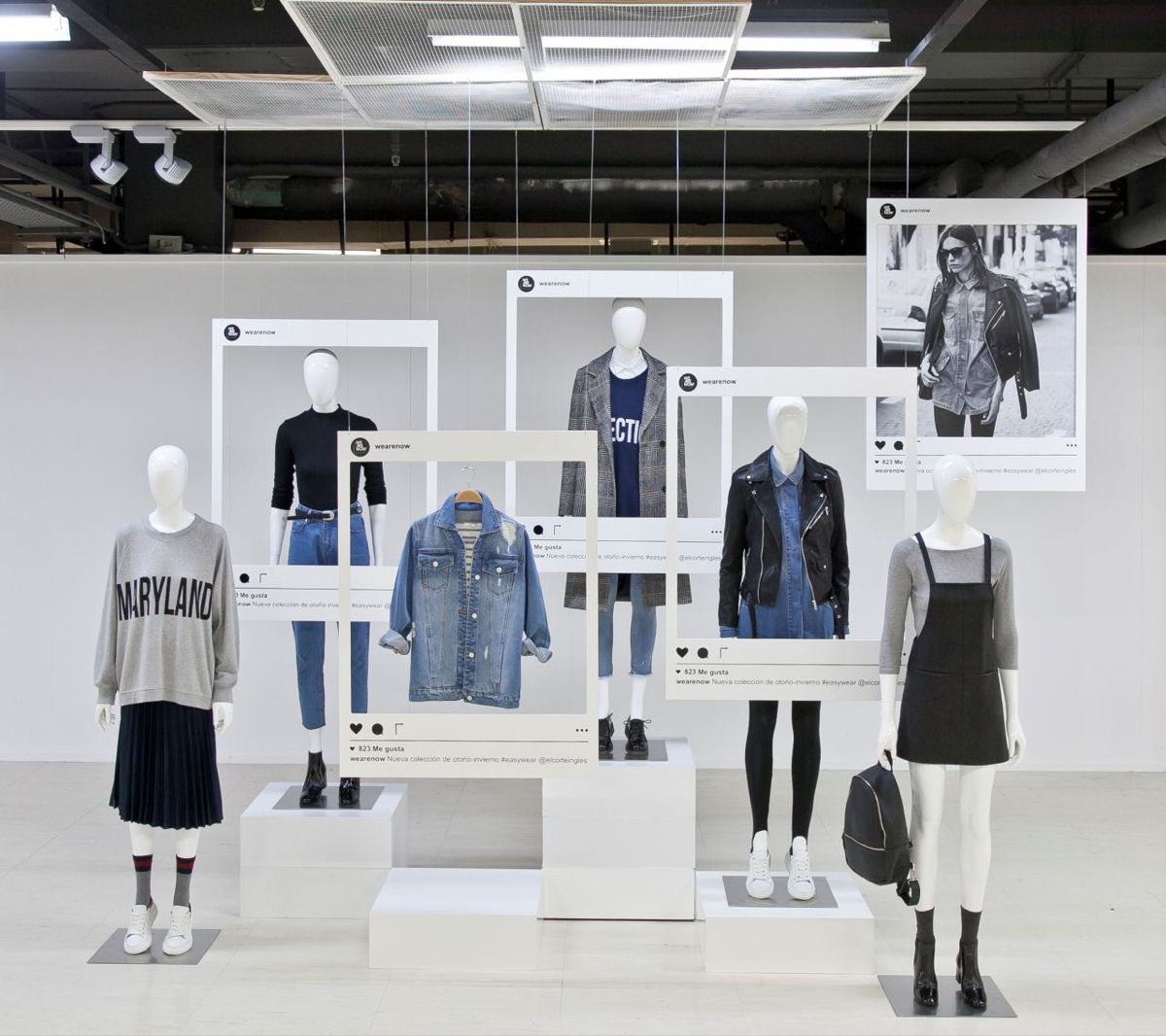World environment day: resale, the new frontier of sustainable fashion

Paris, June 5, 2025 – In a world where the climate emergency can no longer be ignored, World Environment Day brings one truth back to the forefront: the fashion industry must evolve. Fast.
While 76% of French consumers say they want more responsible fashion, a paradox remains. The intention is there, but behaviors don’t always follow. It’s in this gap between ideals and reality that resale is gaining new ground: more than an alternative, it’s becoming a structural lever, culturally, economically, and environmentally.
A more conscious consumer… not always aligned with their wallet
The gap between ecological commitment and purchasing power is now a sociological reality.
“I’d like to only buy ethical pieces, but when jeans cost €180, I end up choosing something more affordable,” admits Léa, 31.
Karim, 26, adds nuance: “Resale helps me stay true to my values without breaking the bank.”
These testimonials highlight a daily balancing act between values, budget, and style.
Resale doesn’t oppose new fashion, it complements it. It allows people to:
– Buy higher-quality, longer-lasting items at a better price
– Reduce their carbon footprint without sacrificing style
– Bring meaning back into their purchases, beyond impulse
In other words: resale reconnects desire, utility, and awareness.
Brands: From producers to stewards of product life cycles
Integrating resale into your business model isn’t a feel-good CSR gesture anymore. It’s a structural shift.
Brands that embrace it are no longer just creators, they become responsible for the entire life cycle of their products.
This means:
– Designing garments to last (in material, construction, finish)
– Planning for returns (take-back, repair, reintegration)
– Maximizing usage value over short-term sell-through
The garment is no longer disposable. It’s a circulating asset, designed to live several lives.
This shift also redefines the brand’s role: it’s no longer just selling a product, it’s enabling a durable usage system, where the initial sale is only the beginning.
Less CO₂, more impact: when fashion extends product life
The environmental potential of resale is no longer hypothetical.
In 2024, brands that structured a circular program helped avoid several thousand tons of CO₂ emissions.
This is the direct result of longer product life, optimized logistics, and avoided overproduction.
Key facts:
– Reusing a garment instead of producing a new one can save up to 80% of its carbon footprint
– A resold item typically gains an additional 2 to 4 years of use, depending on how it's worn
Each reused item is a step closer to a less extractive, more regenerative industry.
From taboo to no-brainer
Just ten years ago, second-hand shopping was seen as a fallback option. Today, it’s a growing form of style, culture, and self-expression.
“Wearing second-hand used to be frowned upon. Now, it shows taste,” says Maud, 42.
“I’d rather buy a beautiful piece that’s lived, than a brand-new one that won’t last the season,” adds Hugo, 37.
For younger generations, and not only them, pre-loved means authenticity, and wear adds value.
Resale is no longer a compromise. It’s a smart, stylish, and conscious choice.
Rethinking the entire chain, not just the product
Resale won’t fix everything. But it forces a full reset.
For a product to circulate, it must be:
– Well-designed
– Well-maintained
– Easy to pass on
Which requires transforming:
– Design (durability, repairability)
– Logistics (collection, sorting, reconditioning)
– Customer experience (perceived value, product history, after-sales service)
This isn’t a detail. It’s a reinvention of the brand ecosystem.
Conclusion: Fashion isn’t ending. It’s changing pace
Slowing down doesn’t mean giving up. It means choosing a better rhythm — more sustainable, more desirable.
Resale isn’t a threat. It’s an answer.
To the climate crisis.
To inflation.
To the loss of meaning.
It’s an opportunity to redefine fashion as a space for culture, commitment, and beauty — in the present and for the future.
Stay ahead of the game!
Sign up to FAUME's The Secondhand Review newsletter
Read inspiring stories from brands that have successfully launched their secondhand businesses with FAUME







